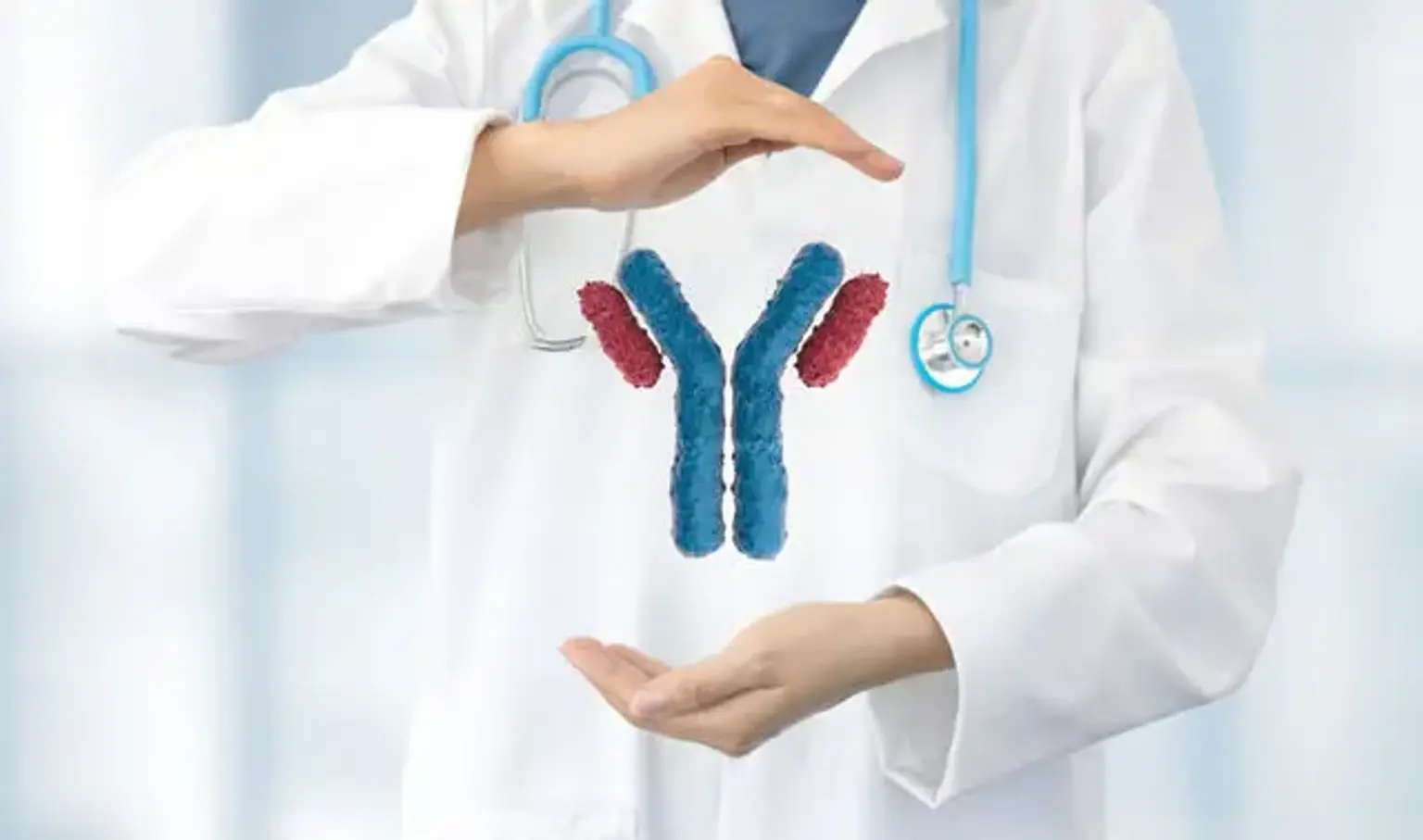Antibody therapy, also known as immunotherapy, is an innovative treatment option containing antibodies that stimulate the immune system to destroy cancer cells. Monoclonal antibodies are ultimately immune system proteins developed in the laboratory. Antibodies are naturally produced by your body, and they help your immune system recognize germs that cause different diseases, such as bacteria and viruses and mark these for destruction. Just like your body's own antibodies, monoclonal antibodies have a therapeutic action by using their ability to recognize specific targets.
How does it work? The science behind antibodies!
Monoclonal antibodies can have monovalent affinity, connecting only to the same epitope, which is the part of the antigen that is recognized by the antibody. On the other hand, polyclonal antibodies link to multiple epitopes and are usually made by several different antibody-secreting plasma cell parentages. Bispecific monoclonal antibodies can also be projected, by increasing the therapeutic targets of a single monoclonal antibody to two epitopes.
It can be possible to produce monoclonal antibodies that specifically link to any suitable substance. Afterward, they can serve to detect or purify it. This ability has become a very important tool in biochemistry, molecular biology and also in medicine. On a clinical level, monoclonal antibodies are being used for the diagnosis and the therapy of several diseases, including some types of cancer, being recognized as a form of immunotherapy. They can be used alone or to carry drugs, toxins, or radioactive substances directly to cancer cells. The administration of monoclonal antibodies has also been authorized by several countries for the treatment of some COVID-19 symptoms.
